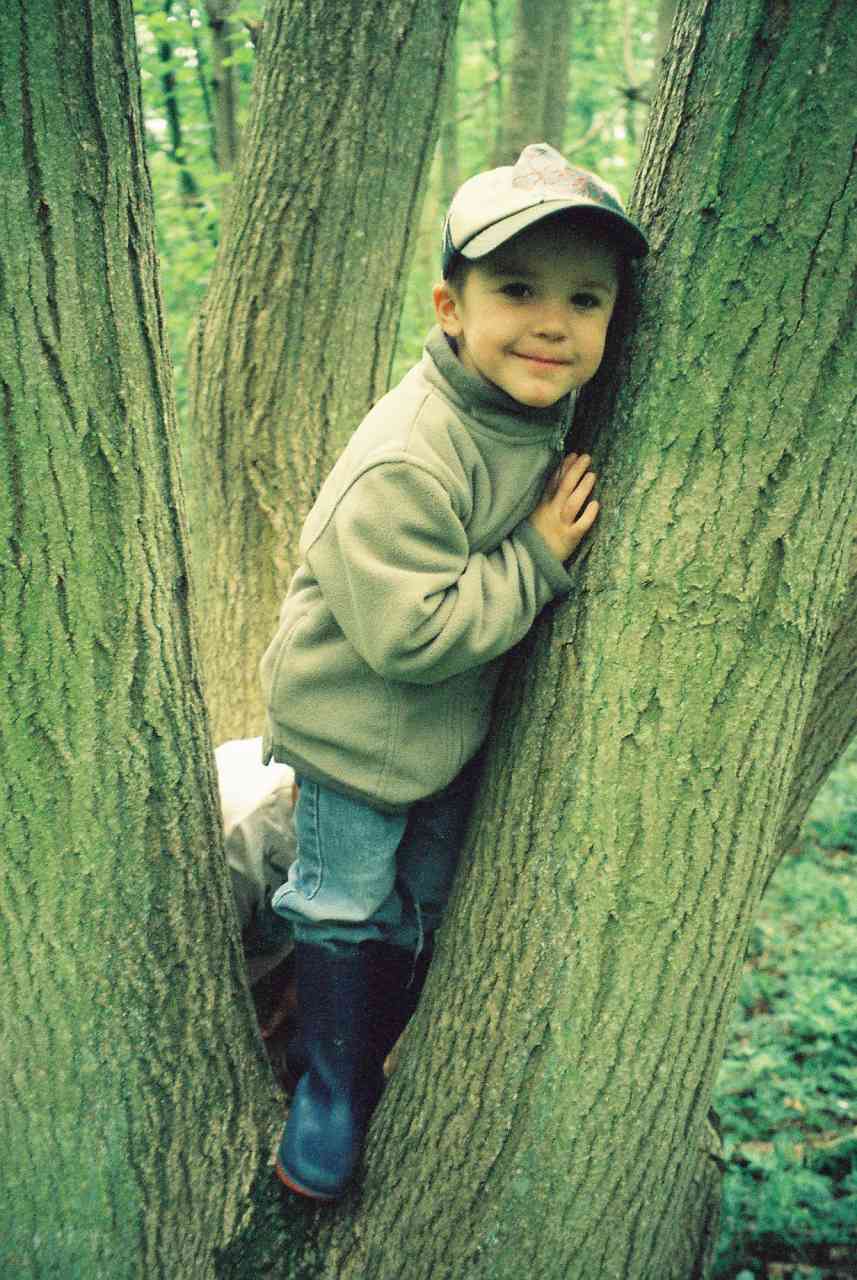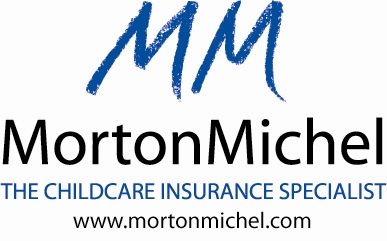Our Practices & Policies
Please find a summary of our key practices and policies below. If you need any further information, please don’t hesitate to contact us.
We know what it means for parents to be involved in as much of their child’s development as possible. Our observation process helps keep you informed of their growth and gives you sneak peak of some of the things they have been doing while in our care.
We make written observations and also take some photos. The information is then transferred into each child’s personal pathway (EYFS record system). We also arrange periodic parents evenings to go through their development assessment with you and to show you pictures from their scrapbook.
Our training is regularly updated to keep in line with government legislation and expectations and developing our careers in childcare and early years. Here are some of the qualifications and training that our staff have achieved:
- NVQ (Level 5) in Management in Care
- HNC in Care
- Home-based Childcare (Level 3)
- Safeguarding / Child Protection
- Early Years: Somerset Total Communication
- Special Needs Education (S.E.N.)
- Working With Young Disabled People
- Paediatric First Aid
- SENCO Special Education Needs Coordinator
Level 2 Qualifications:
- Food safety and hygiene
- Equality and diversity
- Understanding behaviour that challenges
- Principles of prevention and control of infection
- Understanding nutrition and health
- Safe handling of medication
- Understanding dyslexia and other specific learning difficulties
Forest School is very popular among settings across the UK. It is a form of outdoor learning in which children engage in a range of activities in a natural environment through which they learn about nature and the environment, engage in creative activities, build dens, light fires, and have the chance to develop skills over repeated sessions. At the same time they are also learning to cope in a challenging environment, often engaging in teamwork and in doing so, developing social skills, resilience and perseverance. They are also challenged to use natural resources in imaginative ways s they seek to improvise in creative games and den building.
Forest School provides children of all ages with the opportunity to develop confidence and self-esteem through hands on learning, natural experience and creative and engaging activities.
We believe in the benefits that Forest School offers and we use the training to help incorporate their values into our activities.
For more information, visit the Forest School Association website: https://www.forestschoolassociation.org/what-is-forest-school/

The government have introduced several schemes to make childcare more affordable. We accept payment for childcare services from many of these schemes, including 30 hours per week free childcare for 3-4 year olds, 15 hours per week for 9 months -2 years olds (30 hours from September 2025), childcare voucher schemes and employer payments for tax-free childcare.
Here are some links with more information about what the government are currently offering:
https://www.gov.uk/help-with-childcare-costs/free-childcare-and-education-for-2-to-4-year-olds
If you have any questions, please contact us for more information.
You can find more information about the Local Offer via the button below or direct from the Somerset County Council website, here: https://choices.somerset.gov.uk/025/childcare/merriott-childcare-charlotte-hamlin/
We work towards the EYFS, which was introduced to all childcare settings for children from birth to 5 years. It is to ensure that all children receive the same provision and work towards the same goals.
The 4 themes of the EYFS are:
- A unique child
- Positive relationships
- Enabling environments
- Learning and development
The 7 areas of learning are:
- Personal, social and emotional
- Communication and language
- Physical
- Literacy
- Mathematics
- Understanding the world
- Expressive arts and design
You can find more information about Early Years Foundation Stage (EYFS) here: https://www.foundationyears.org.uk/eyfs-statutory-framework/
Early Years Outcomes, is a new, non-statutory guide to support practitioners. It can be used by childminders, nurseries and others, such as Ofsted inspectors, throughout the early years as a guide to making best-fit judgements about whether a child is showing typical development for their age, may be at risk of delay, or is ahead for their age. We follow these guidelines where possible to ensure the best possible development for your child. You can find full details on the government website, here: https://www.gov.uk/government/publications/early-years-outcomes
Your privacy and the privacy of children in our care is of the utmost importance to us. We periodically update our privacy policy and data protection policy and you can download the most recent versions here.
Accident/ Incident
Admissions
Allegations of abuse against staff
Baby Slings
Behaviour Management
Bullying
Care, Learning and Play
Closure of child care service
Collection of children/Lost children
Complaints
Cross infection
Data protection
Emergency Evacuation
Equal Opportunities
Fees Policy
Fire Safety
Food Business info
Garden Play equipment
Healthy Eating
Health and Safety
Incident or Fatality
Independent arrival
Information Sharing
Late Payment
Lone Worker
Looked after children
Medicine and Managing Medicine
Mission Statement
Mobile phone and camera
Nappies and Toilet training
Outings Safety
Personal Possessions
Raising Concerns
Respect in the setting
Rights of child
Recruitment
Road Safety
Safeguarding and Child protection
Sickness
Supporting children through loss
Smoking
Sun protection
Supervision
Swimming pool
Staff code of conduct
Suffocation
Student placement
Trampoline
Transporting children in the vehicle
Useful numbers
Visitors to the setting
Working in partnership
I am text block. Click edit button to change this text. Lorem ipsum dolor sit amet, consectetur adipiscing elit. Ut elit tellus, luctus nec ullamcorper mattis, pulvinar dapibus leo.
Phone: 01460 73361



